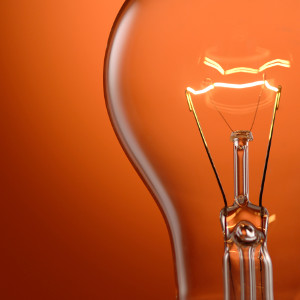Nuclear energy is used for a variety of purposes. The most important are power generation, as a military weapon, ship propulsion, space travel, medical treatments, and the production of hydrogen for fuel cells.
Nuclear science was developed during the first half of the twentieth century and this stage culminated with the nuclear bomb in 1945. Other uses then followed, mainly ship propulsion, electricity generation and to a lesser extent medical use.
There are three large nuclear power producers today: the US, France, and Japan.By far the greatest concentrations of nuclear power plants are in Western Europe and the eastern states of the US.
Nuclear power plants are operated by several different types of utility. In some countries one or more central organisations have been created, dedicated to nuclear power, such as Rosenergoatom in Russia and Eletronuclear in Brazil, and similar organisations in a few other countries.
While they are subject to the same market disciplines as other generating plants, for instance either feww prices or controlled prices, nuclear plants are under the supervision of special regulators or government authorities concerned with safety matters.
The nuclear industry is seeing an acceleration of international mergers and acquisitions and is increasingly crossing national boundaries in a race to achieve critical mass in a high technology industry.
Nuclear capacity has been operated at much higher load factors than thermal or hydro plants, averaging around 79% today. More than one quarter of the world’s reactors have load factors of more than 90%, and two thirds do better than 75%, compared with about quarter of them in 1990. Some of these figures suggest near-maximum utilisation, given that most reactors have to shut down every 18 to 24 months for fuel change and routine maintenance.
Two of the mainstream generating technologies nuclear power and coal-fired generation are experiencing re-emergence after some years of stagnation or decline. Coal has been stigmatised for environmental reasons, but it is globally plentiful, relatively cheap and unlike oil and gas, mostly free from political manipulation.
Nuclear power suffered a reversal after concerns about safety and fears about the long term hazards of waste disposal.






